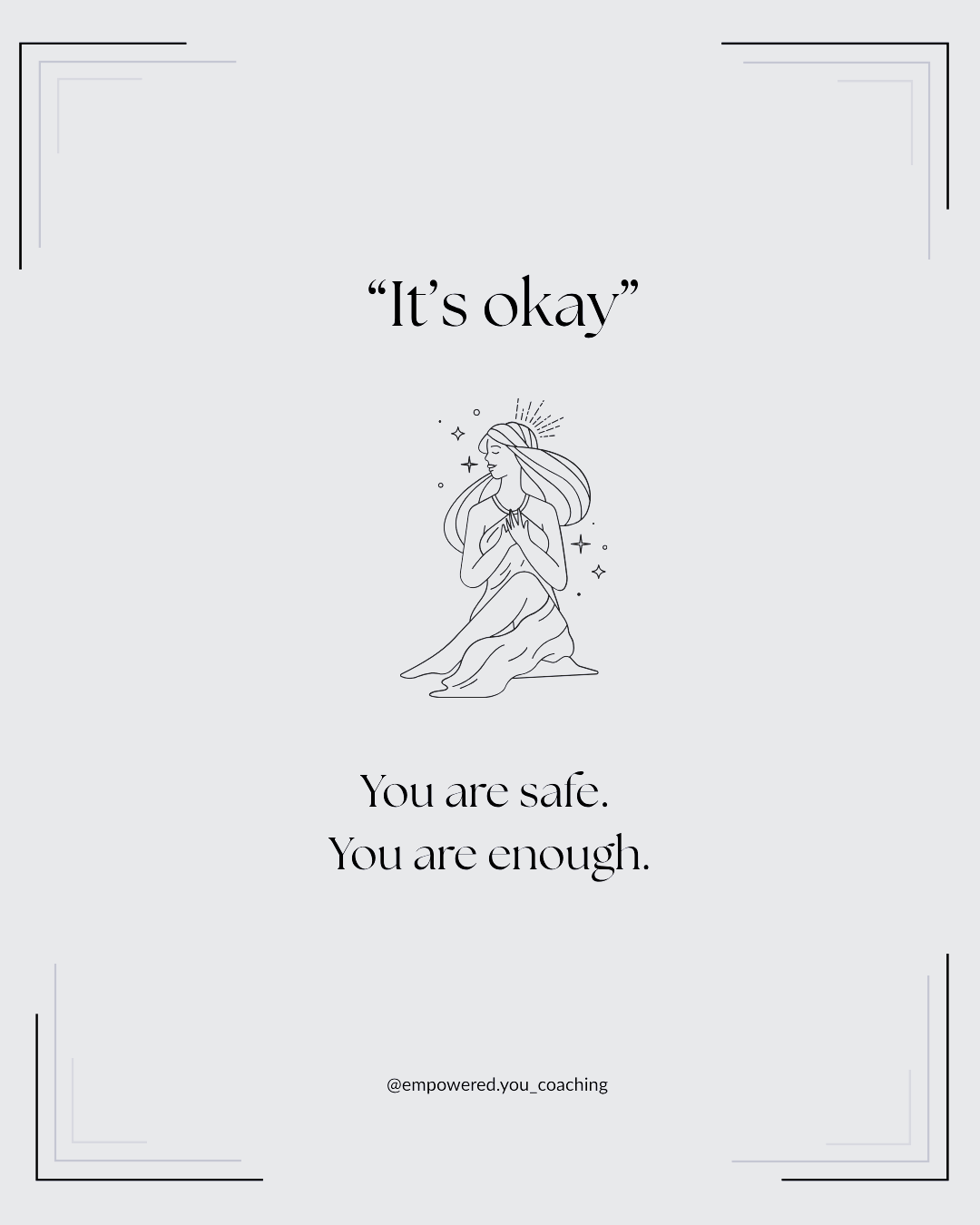We’re often quick to offer compassion to others — a friend, a colleague, even a stranger who’s struggling. Yet when it comes to ourselves, the tone shifts. Suddenly, the words are harsher, the judgment sharper.
But here’s the truth: the way you speak to yourself shapes how you feel, how you act, and how you grow. And learning to be kind to yourself isn’t indulgent — it’s essential.
Let’s explore what self-kindness looks like in action, and how you can start practicing it every day.
Catching Negative Self-Talk
Self-kindness starts with awareness. Most of us have an inner critic that runs on autopilot, whispering things like:
“You’ll never get this right.”
“Everyone else is doing better.”
“You always mess things up.”
The first step is simply to notice when these thoughts arise. Don’t fight them. Don’t judge them. Just notice.
Studies show that self-critical thoughts activate the brain’s “threat system,” increasing stress and cortisol, while self-kindness activates the brain’s “care system,” releasing oxytocin and calming the body (Gilbert, 2009).
Reframing Negative Self-Talk
Once you’ve caught the critic, it’s time to reframe. Try asking:
Would I speak to a friend this way?
What would a kinder version of this thought sound like?
Examples: Instead of: “I failed again.” → Try: “I didn’t get it right this time, but I can learn from it.”
Instead of: “I’m terrible at this.” → Try: “This is hard, and I’m still learning.”
Reframing doesn’t mean pretending everything is perfect. It means choosing words that support growth instead of shutting it down.
Made a Mistake? Be Kind to Yourself.
Mistakes are part of being human. Yet our default response is often shame or punishment. But research by Dr. Kristin Neff shows that people who practice self-compassion after failure are more likely to take responsibility, improve, and try again — compared to those who beat themselves up.
Mistake → Kindness → Growth.
That’s the cycle that builds resilience.
When Things Don’t Go to Plan… Be Kind Anyway
Life rarely unfolds exactly how we expect. Projects fail. Plans fall apart. Timing doesn’t work out.
When this happens, the temptation is to push harder, criticise yourself, or quit. Instead, try saying:
“This isn’t working the way I thought, and that’s okay. What’s the next step I can take from here?”
Self-kindness gives you the patience to adapt, rather than abandon your progress.
Made That Damn Mistake Again? Be Kind to Yourself.
This might be the hardest one. Repeating the same mistake can feel infuriating — like proof that you’ll never change. But here’s the truth: habits, patterns, and behaviours are deeply wired. Repetition is normal.
Each time you fall back, remind yourself:
“This is part of the process.”
“Every attempt teaches me something new.”
“I can still choose again right now.”
Kindness here isn’t letting yourself off the hook. It’s refusing to let shame keep you stuck.
Self-kindness isn’t about lowering your standards. It’s about creating the conditions you need to rise. The more compassion you extend inward, the more strength you’ll find to keep moving forward — even when it’s messy, imperfect, or slow.
What’s one negative phrase you often tell yourself? How can you reframe it into a kinder, more supportive version?
Write it down. Repeat it. Let it become the new voice you choose.
A Quote to Carry With You: “Talk to yourself like someone you love.” – Brené Brown
Coming Up Next:
The Inner Critic: Understanding the Voice That Holds You Back
We’ve touched on catching and reframing self-talk, but what about that relentless inner critic that never seems to rest? In our next post, we’ll dig deeper into where it comes from, why it feels so loud, and how to quiet it with proven strategies.
Because kindness isn’t about silencing your critic — it’s about learning how to live beyond its voice.
Empowered you - Coaching and self-help tools to help you reconnect, reset, and rise - at your pace, in your way.
Empowered You - Payhip - Self-Help Worksheets. Here's a few recommendations:
From Pessimist to Optimist - Payhip : Shift Your Mindset in Just 20 Minutes
Confidence Booster - Payhip : Build your confidence in FIVE mins.
Build You Self-Worth - Payhip : Struggling to Feel “Enough”? Reclaim Your Worth



Comments ()